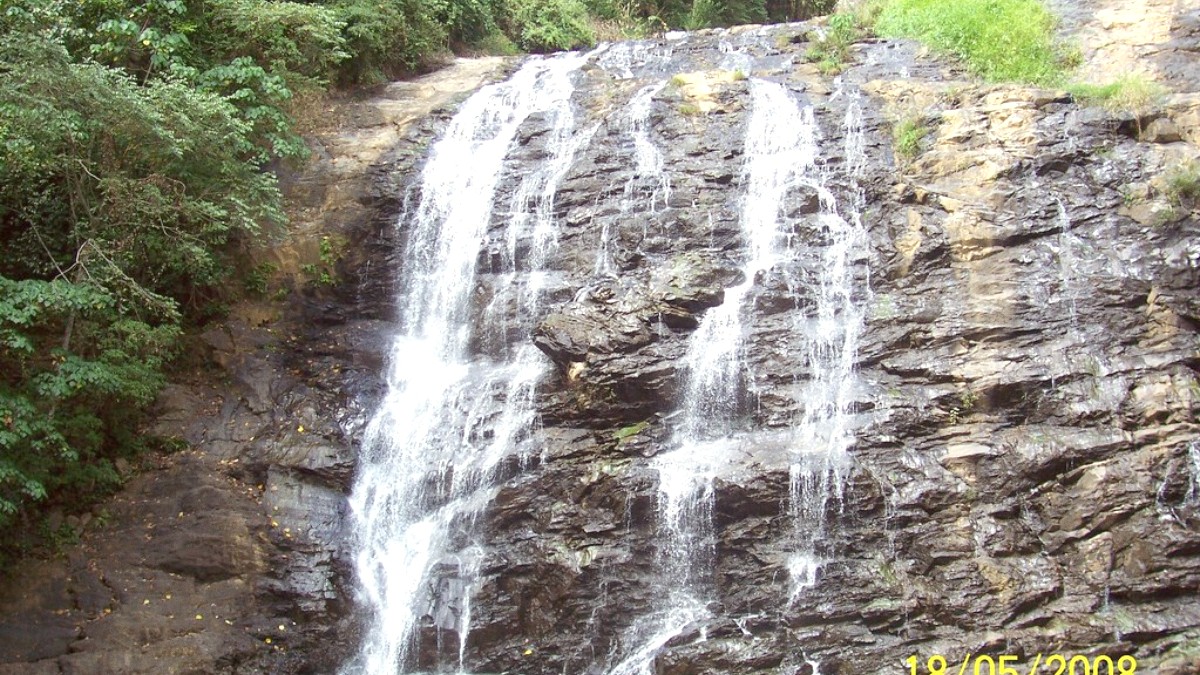
Karnataka, India
Mangalore, officially named Mangaluru, is a position on the west coast of India, within the state of Karnataka. Its geographical location is marked by the Arabian Sea to the west and the rolling Western Ghats mountain range to the east. This strategic placement, approximately 350 kilometers (217 miles) west of Bengaluru, the state capital, means Mangalore experiences both coastal ecosystems and the biodiversity of a major mountain range.
The city develops at the confluence of two rivers, the Netravati and Gurupura, which flow into the Arabian Sea. These rivers are not merely geographical features; they are threads woven into the city’s life, historically facilitating trade and sustaining local fishing communities. The river estuaries create picturesque backwaters and provide natural boundaries that shaped the city’s expansion and its unique coastal identity.
Mangalore's long and layered history shaped its unique cultural identity. From ancient times, this city served as a significant trading port, drawing merchants and seafarers from across the globe. Greek geographer Ptolemy mentioned it as "Nitrias," indicating its early recognition on international trade routes. The city's strategic coastal location, offering access to the rich produce of the hinterlands, including spices, timber, and cashew, made it a coveted prize for various regional and colonial powers.
Over centuries, numerous dynasties and empires left their mark on Mangalore. The Alupas, a local dynasty, held sway for a considerable period. Following them, the Hoysalas and the Vijayanagara Empire extended their influence. The British East India Company saw Mangalore's port activities expand, becoming a major hub for colonial trade. The city briefly served as a naval base for Tipu Sultan. Post-independence, in 1956, Mangalore joined the newly formed Mysore State, later Karnataka.
Mangalore’s economy is diverse and robust. Its deep-water port drives port activities. Cashew processing and coffee curing are traditional industries. Fishing remains a livelihood for coastal communities. The city also features a hub for banking, and a growing information technology sector. Its reputation for education and healthcare attracts students and patients from across the region.
Kadri Manjunath Temple is an ancient temple showing unique architectural styles and spiritual significance. St. Aloysius Chapel is renowned for its stunning frescoes, providing a glimpse into European artistic influence in India. Sultan Battery, a historical watchtower, offers scenic views of the river estuary, a relic from Tipu Sultan’s reign.
Panambur Beach is a popular, clean beach offering recreational activities and beautiful sunsets. Tannirbhavi Beach presents a serene escape, often less crowded, and is accessible by ferry, promising a peaceful atmosphere.
Ancient temple, architectural beauty, spiritual peace.
Iconic frescoes, European artistic flair.
beach, leisure activities, stunning sunsets.
Tranquil shores, ferry access, quiet retreat.
Historic watchtower, river estuary views, Tipu Sultan's legacy.
Mangalore's unique identity reflects centuries of trade and diverse communities, offering a layered exploration of coastal Karnataka. Its rich, multicultural past is evident in the city’s architecture, religious diversity, and the confluence of languages—Tulu, Konkani, and Kannada.
The city's linguistic diversity reflects its multicultural heritage. English and Hindi are widely understood, assisting communication. Its temples, churches, and mosques are testaments to this rich, multicultural past, offering visitors a tangible connection to its storied history.
The natural harbor created by the river mouths and the protective embrace of the Western Ghats make Mangalore a geographical marvel. This strategic setting means Mangalore serves as a significant maritime gateway, handling substantial port activities that connect it globally.
This coastal city, officially known as Mangaluru, welcomes travelers with its warm climate, distinct cuisine, and a serene pace of life that contrasts with India’s bustling metropolises. Travelers seeking an authentic experience, away from the typical tourist trails, find Mangalore a compelling destination.
Mangalore presents itself as a destination rich in heritage, bustling with local life, and featuring refreshing natural landscapes. Its unique identity, shaped by centuries of trade and diverse communities, provides a layered exploration of coastal Karnataka.
From ancient temples and churches to pristine beaches and lush river systems, Mangalore presents a travel opportunity for anyone drawn to the lesser-explored corners of South India.
Discover pristine beaches, lush river systems, and the scenic beauty where the Arabian Sea meets the Western Ghats.
Experience a city shaped by diverse communities, reflected in its architecture, languages, and local pace of life.
Enjoy a serene atmosphere that contrasts with India’s bustling metropolises, promoting a calm travel experience.
Mangalore's strategic location along the Arabian Sea and its robust economy highlight its regional significance.